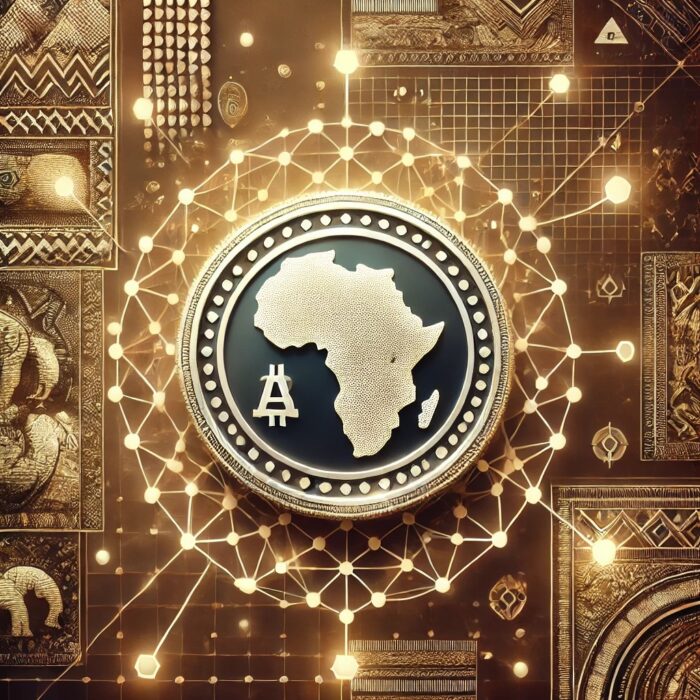The Emergence of an African Digital Currency: Towards a Strategic Reconfiguration of Economic Sovereignty
Africa, where a complex history intertwines with aspirations for a contemporary revival, finds itself at a critical juncture to redefine its economic paradigms. The creation of its own digital currency offers a unique opportunity to strengthen its economic sovereignty in a globalized world. Frantz Fanon reminds us that « each generation must, in relative obscurity, discover its mission, fulfill it, or betray it. » For today’s Africa, this mission could lie in the adoption of financial technologies as a lever for autonomy and growth.
Financial Inclusion: The Foundation of Sovereignty
The introduction of an African digital currency goes beyond technological innovation and touches upon the transformation of economic structures. Financial systems inherited from colonialism, though evolved, still sustain inequalities. Banking infrastructures, concentrated in urban centers, continue to exclude a large portion of the population. Ali Mazrui emphasized the need for Africa to « create its own modern institutions. » A digital currency, far from replacing existing systems, could complement them by broadening access to financial services for everyone, as companies like Servichain aspire to do by implementing tools like the Cauris Wallet aimed at financial inclusion.
This project does not challenge traditional financial institutions but rather extends them. The success of mobile money shows that Africa can innovate and adapt financial solutions to its needs. A digital currency could economically unify the continent and make it more resilient to external shocks.
Challenges and Collaboration
The establishment of an African digital currency, while ambitious, is not without challenges. Intra-African trade, often hindered by monetary barriers, could be facilitated by a decentralized architecture. For this initiative to succeed, it will require close collaboration between governments, central banks, and private financial institutions, each playing a vital role.
Disparities in digital infrastructure and financial education are obstacles to be overcome. Banks will need to actively participate in this transition, ensuring fair and accessible implementation. The ethics and inclusivity of this transformation are crucial to avoid reproducing existing inequalities.
A New Geopolitical Dynamic
Drawing inspiration from Cheikh Anta Diop, who saw economic and cultural cohesion as the key to independence, Africa could use this digital currency to redefine its role in the global economy. This initiative should not merely follow global trends but reinvent them to suit African realities.
Thus, Africa could move from the economic periphery to a central role, capable of shaping global dynamics according to its own priorities. An African digital currency would not just be a simple innovation but a catalyst for economic sovereignty, marking the beginning of an era of self-determination and leadership on the global stage.

